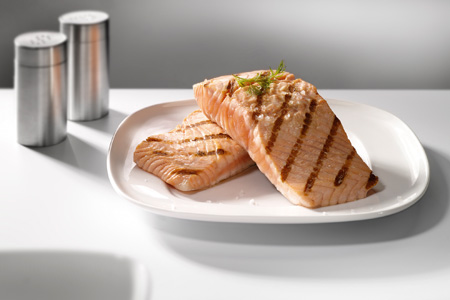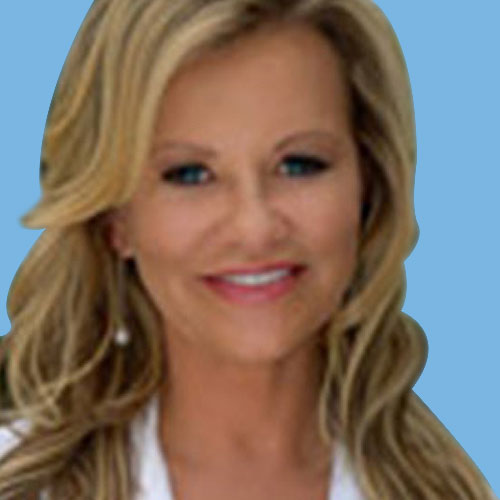All Weight Loss Programs
We have several options to help you with your metabolic reset, all online
WAYT-LESS
WAYT-less® is our new and improved weight-loss program!
WAYT-TAIN
WAYT-tain® is our new and improved maintain program!
DIET GUIDELINES
The WAYT-less ® Diet E-book grants you access to many practical and delicious recipes for your diet!
ULTRA BURN
Enhance your body’s natural fat-burning abilities!
B12 INJECTIONS
Increase Your Energy Levels & Improve Your Brain Performance!
7 Tricks For Portion Control For Weight Loss


Medically reviewed by

Dr. Constance Odom, MD
About
Constance Tambakis Odom, MD graduated in 1987 with her Doctorate of Medicine from the New York Medical College, and was an Anesthesiologist Resident from 1988 to 1991 at the Brookdale Medical Center PGY II (CA-I)-PGY IV (CA-III). She is Board Certified by the American Board of Anesthesiology since 1998 and American Academy of Anti-Aging Medicine since 2002. Constance Odom, MD is affiliated with the American Medical Association, American Academy of Anti-Aging Medicine, American Society of Anesthesiology, Georgia Society of Anesthesiology, Hellenic Medical Society of New York, North Carolina Society of Anesthesiology, and Society of Ambulatory Anesthesia.
Credentials
Medical Director At:
- Nu Image Medical
- MetroMedispa P.A.
Staff Anesthesiologist at:
- Betsy Johnson Regional Hospital in Dunn, NC
- Onslow Memorial Hospital in Jacksonville, NC
- Duplin General Hospital in Kenansville, NC
Director of Anesthesia Services at:
- Jacksonville Surgery Center in Jacksonville, NC
Controlling your portion sizes is one of the most important things that you can do for weight loss or to maintain a healthy weight, and there are several strategies that you can start implementing today to help you control your portion sizes. By reducing your portions, you can dramatically lower the number of calories that you eat per week. Much of portion control is psychological, meaning that you can reduce your portion sizes without having to change your diet much, and it won't have any significant effect on your health. It's more important to eat organic whole foods instead of controlling portion sizes, but some of these techniques can help you scale down the size of your meals and are worth a shot.
Don't snack on junk between meals
One of the biggest causes of appetite triggers during your main meals of the day is junk food snacking. Junk foods are high in carbohydrates and they spike your insulin levels and blood sugar, followed by a quick drop off. You're more likely to overeat at your next meal when you've had a high carbohydrate snack. Junk food is also loaded with chemicals and compounds that trigger the reward pathway in the brain, which in turn increases your cravings for food. The easy thing to do is to keep junk food out of your house, as it's never good to have around. The same effect occurs with white bread and other high glycemic index foods that break down quickly and spike your blood sugar.
Drink a pint of water before your meals
Drinking water before your meal and during it will naturally make you eat a lower amount of food. There are several studies that have shown that the more dehydrated that you are, the more likely that you are to overeat, so be sure that you stay hydrated and drink water at every meal. Studies have found that drinking about two 8 ounce glasses of water 30 minutes or less before a meal can help obese adults lose weight, and the effect can be significant. The 12 week study found that participants who drank water lost an average of 2.87 more pounds than a group that didn't drink water before their meals, so it's definitely worth a shot if you haven't tried it.
Use smaller plates
Using smaller plates is one of the easiest ways to reduce your calorie intake and your portion sizes. Research has shown that using larger plates almost always results in overeating or loading it up with large portion sizes. Other studies have found that even when you aren't all that hungry, you're likely to load up a large plate and eat the whole thing. The best way to eat any meal is to start off with an appetize that is not very calorie dense, such as a salad and water, on a smaller plate. Once you get to the main course use a small diameter plate, such as a 6 or 8 inch plate and avoid using a larger plate. The weight loss effect can be quite dramatic when you do this, and you might notice results quickly.
Add vegetables to most of your plate
Limiting your carbohydrate intake is important no matter what meal of the day it is, and one way to do this is by increasing your vegetable portions. Instead of serving vegetables on just a small part of your plate, increase your vegetable servings while decreasing or eliminating your carbohydrate servings whether it is rice, potatoes or bread. When you increase your vegetable intake, you don't have to worry as much about carbohydrate intake because most vegetables are not calorie dense. Be sure that you pick low starch vegetables like cauliflower or broccoli and avoid potatoes and corn or other starchy vegetables, and mix your vegetable portions with healthy meats.
Add larger protein portions
Increasing your protein portions is another way to avoid loading up on carbohydrates, and adding more protein to your diet can definitely help you lose weight. Several studies have shown that a high protein diet is crucial for weight loss, and studies have also shown that many people between the age of 20 and 40 don't consume even the minimum RDA of protein, which is set fairly low. A study by Johns Hopkins University found that a diet where 25% of the calories come from protein resulted in a reduction in bad LDL cholesterol and triglycerides compared to a standard high carbohydrate diet, and several similar studies have confirmed the same effect.
Don't drink alcohol before eating
Drinking more than a few servings of alcohol before eating will almost certainly result in overeating. A study found that just three servings of alcohol reduce your leptin levels significantly. Leptin is a hormone that suppresses the appetite, and after three servings of alcohol you are much more likely to overeat at your next meal. Alcohol also reduces your body's glycogen stores, and as a result you will end up craving carbohydrate rich foods. It can also dehydrate you, especially drinks with a higher alcohol content, which adds to the appetite increasing effect. If you've struggled with portion control, it's probably better for you to avoid alcohol consumption altogether.
Measure your servings and calories out
It may seem tedious, but measuring out your servings and counting your calories is a sure way to help you control your portion sizes, as  it gives you an indication about how much you're eating. It's way too easy to load up on portions without thinking about the consequences, but if you know how many calories are in a serving, you'll be more likely to think twice about adding more servings to your plate. There are plenty of great online recipe analyzers that can tell you almost exactly how many calories are in your meal along with a host of other nutritional facts, so it doesn't take as much time or effort as it used to. Many recipes also even provide you with the information upfront so that you don't have to go searching. In any case, if you're willing to count your calories and portion your meals out it will only help you avoid overeating and is well worth the extra effort.
This article is for informational purposes only and does not constitute medical advice. The information contained herein is not a substitute for and should never be relied upon for professional medical advice. Always talk to your physician about the risks and benefits of any treatment. Nu Image Medical may not offer the medications or services mentioned in this article.
